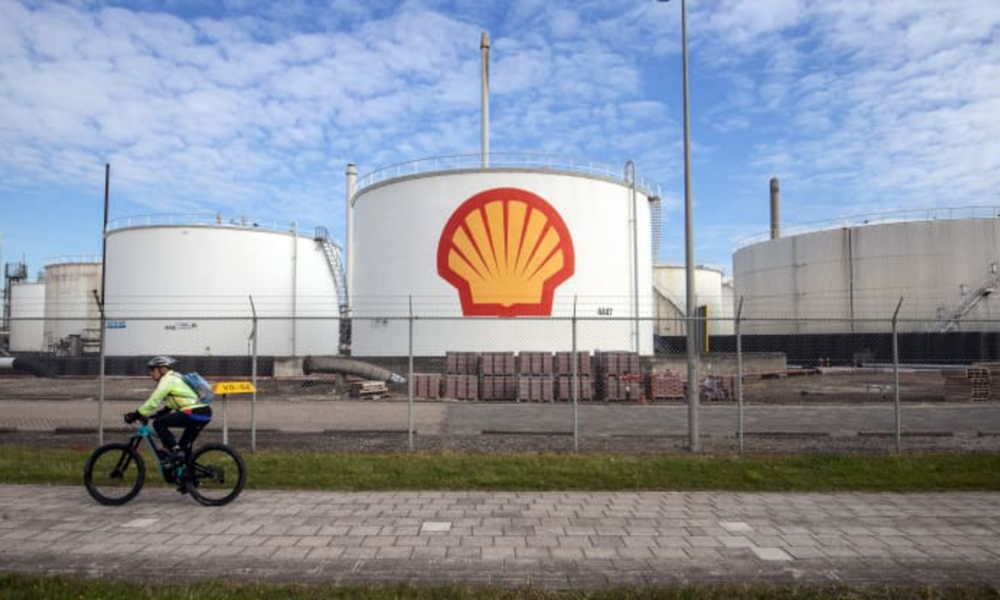The Netherlands’ District Court of The Hague declared on Wednesday that Royal Dutch Shell must reduce carbon emissions by 45% by 2030. The company previously intended to reduce emissions by 20%.
What We Know:
- Seven environmental activist groups filed a lawsuit in April 2019 on behalf of 17,200 Dutch citizens. According to court summons, the assemblies, which include Friends of the Earth and Greenpeace, believed that Shell endangered human rights and lives through “CO2 emissions-inducing climate change.” In addition, this poses a threat to the Paris Agreement’s goals, which works to prevent global temperatures from rising more than 1.5 degrees Celsius.
- The advocates claim the oil giant’s impact hurts unique ecological and cultural systems and increases the frequency and severity of extreme weather events. They also cited the “disproportionately large impacts it has on marginalized communities,” as well as a risk of Shell creating a “large-scale event” with “irreversible consequences”.
- Furthermore, the case listed eight risks humans may experience because of climate change; these include a risk of injury, ill-health, or death from storm surges, coastal flooding, and sea-level rise. Protestors also fear people may face food insecurity caused by a drought, warming, and flooding.
- Instead of monetary damages, the plaintiffs asked Shell to lower their carbon excretions significantly. They based this on the company’s obligation to climate change prevention through “the corporate policy it determines for the Shell group.”
- Alongside decreasing scope 1 and 2 emissions, the District Court of The Hague ruled Shell must also scale down scope 3 productions, including that of suppliers and customers. Shell’s 2020 Annual Report revealed that the company produced 63 million tons of CO2 equivalent scope 1 emissions, 9 million tons of CO2e scope 2, and more than 1.3 billion tons of CO2e scope 3. Its scope 3 emissions were the equivalent of burning 1.44 trillion pounds of coal.
- Activists rejoiced the district court’s verdict. Friends of the Earth Netherlands stated in a release that the court’s decision was the first time a judge held a corporation accountable for catalyzing climate change. Roger Cox, a lawyer for the environmental activists, said the ruling symbolized “a turning point in history” and would put major consequences for other polluters into effect.
- Shell disagreed with the district court’s decision. Its representatives announced it should neither take liability for other Shell companies’ scopes 1 and 2 creations nor for any of its institutions’ scope 3 emissions. Shell also argued the allegations lacked necessary causality. Finally, Shells’ lawyers asserted that if the gas establishment reduced emissions, other parties would take its place and produce more CO2.
A Shell spokesperson also confirmed that the enterprise would appeal the “disappointing court decision.”



